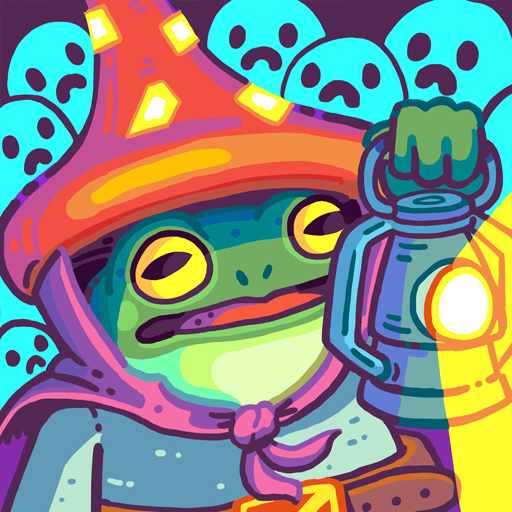The term “Playground Lore” is a label for how information (in this case, video game mythos and/or rumors) is spread among people.
Recently, I was thinking back to warm, spring days in elementary school. Hanging out on the playground with my closest, nerdiest friends — we gossiped about video games, and shared stories about our best accomplishments. (For better or worse, publicly viewable achievements in video games didn’t exist then. Being unable to verify the claims made helped create part of the magic.)
One friend was enthralled with Mortal Kombat, and would share his experiences learning button combos (especially secret ones that no one else knew about).
Another would swear to me that Luigi was on top of the castle in Super Mario 64, and that he’d even seen him (on another friend’s system of course, outside of our group).
A third would tell of exotic Pokemon that were hidden deep inside of the code in the games (then Red and Blue). We would later discover most of these were just screenshots from the website Pokemon Factory.
So, is playground lore anything more than just childhood exaggerations?
Consider this: playground lore instilled in me a passion for gaming that has lasted my entire life.
It doesn’t really matter if Luigi had actually been on top of the castle or not (Orrrrrrrrr… at the top of the Volcano in the basement fire level). What that rumor did do was encourage me to try to find all 120 stars in Super Mario 64. It let me discover all of the great (and real) hidden surprises and secrets in the game.
As a game developer, I wonder if it’s possible to create a space for an experience like that to exist again… or if these things just have to happen on their own. Or if they can even happen at all anymore.
The internet has changed things.
If 10 year old me had had a magic rectangle in my pocket… well, our group probably wouldn’t have had much to talk about. If there are literally tens of thousands of videos online that I can watch someone else get a 100% completion goal for a game, why should I bother spending my time doing it in order to see the “secret” end credit screen?
Maybe playground lore just isn’t relevant anymore.
Or maybe, as game developers, we can bring a tiny piece of that back by making gameplay a little more unpredictable, or by carefully obfuscating information inside our games.
In recent memory, one of the best games to have done this was Minecraft.
Minecraft didn’t have a strategy guide immediately. The team at Mojang didn’t detail every release with a walkthrough. Heck, even all the stuff you could craft was a mystery to most players. The small community at the beginning (circa 2009ish?) would post recipes for items online, but only once they had discovered them. That was a special time. It was a time of adult gaming for me that had the same sense of wonder and adventure as games when I was a young kid.
Breath of the Wild comes in close at #2. My friends and I all bought it day one, and we had a group text going on were we gossiped like we were 10 again. Each of us would send pictures or stories of things we had found brag about our adventures.
Both of these more recent experiences happened because the internet didn’t have all of the answers yet. Ultimately, playground lore only has a certain window of time to exist in… before the big brain compiles all the data and spits out the cheatsheet.
My question is this: what can we do as game developers to extend this window of time for playground lore to exist in? And, should we try to?
.
.
.
A couple of bonus thoughts: procedural generation is one thing, but it needs to be more varied.For example, instead of every player finding some variation of a procedurally generated level, perhaps maybe only a few players ever find it at all. But is that even feasible for modern games? And how would that affect story or narrative?
At some point this resembles a sort of Icarus tale, and I fear that we will end up chasing this unscalable idea of personalized, curated video game content per player. Perhaps deep learning/AI can solve some of this, but since so much of that is still blackbox, I fear blindly trusting the machine.
Maybe this is why D&D is still so popular. Only the DM knows what will happen, and the answers aren’t online.

